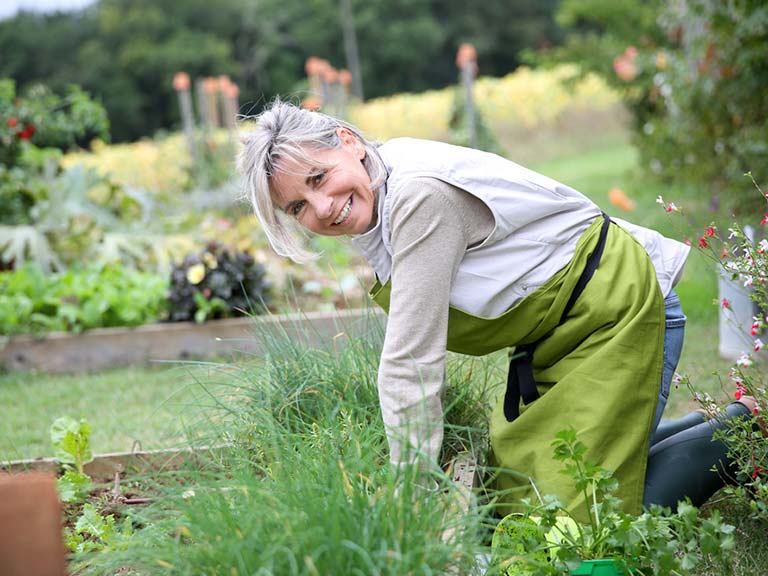There are hundreds of friendly groups and societies across the UK, whether you are interested in cacti, perennials, vegetables or want to learn more about the history of gardening.
Most national societies have local chapters, which meet monthly and organize shows, demonstrations and invite renowned specialists to speak. As well as giving you the opportunity to socialize with many like-minded people, membership often brings other benefits, including a free magazine, newsletter, and the ability to purchase seeds or plants at a discounted rate. . Here are five of the best bands, but if you’re interested in a particular plant, do an internet search and chances are you’ll find a club that’s right for you.
Hardy Plant Society
If plants are your passion, this company is for you. Established in 1957, the Hardy Plant Society is divided into 40 local groups across England, Scotland and Wales, with members meeting regularly to hear specialist speakers, organize garden tours or swap seeds or plants grown in their own gardens. National events are organized several times a year, and include study days or visits to see a collection of plants, housed in a garden normally not open to the public.
Members: 10,000
Registration fees: Please check their website for membership fees.
Garden History Society
In an effort to promote the study of the history of gardening, landscaping, and horticulture, don’t join the Garden History Society and expect unnecessary chatter over a cup of tea. Members are history buffs and society meetings are usually cerebral events. There are no regional meetings, but an annual general meeting and a summer conference are held outside London, while the capital holds a summer garden party and a series of winter conferences . So what else do you get for your money? A copy of the excellent garden history journalwhich is published twice a year and several newsletters.
Members: 1700
Registration fees: Please check their website for membership fees.
British Cacti and Succulent Society
There is a degree of machismo in cactus culture, so it should come as no surprise to find that the majority of members of this society are male. However, the only requirement for membership is an interest in these fascinating plants. So if you have a collection of rare mammillaria or just a few assorted specimens on the windowsill, it may be worth visiting one of the 90 local groups across the country. Most have monthly meetings with a guest speaker, demonstrations and a chance to purchase new plants. You get a copy of cactus world magazine, published four times a year.
Members: 3,500
Registration fees: Please check their website for membership fees.
National Council for the Conservation of Plants and Gardens (NCCPG)
The NCCPG operates the National Plant Collections program, which looks after 660 specific plant collections and according to a spokesperson, the average member is a 45-year-old woman who can identify plants by their Latin names. If that sounds like you, then why not visit one of its 40 local bands? As a member you will help organize plant sales, have the chance to buy unusual specimens and visit some of the many collections. The semester Plant heritage magazine and a copy of the NCCPG Plant Collections Directory are part of the subscription.
Members: 5,000
Registration fees: Please check their website for membership fees.
Organic garden
Want to know how to grow hostas without holes without resorting to slug pellets? Well, join Garden Organic (there are 70 local groups) and take advantage of its email and telephone advice line which operates from the company’s headquarters in Ryton Organic Gardens, near Coventry – as a member, you will also enjoy unlimited free access to this garden, along with the company’s other gardens at Audley End in Essex and Yalding in Kent. As a member, you can save 10% on products from its organic gardening catalog and receive the quarterly newsletter Organic way magazine.
Members: 40,500
Registration fees: Please check their website for membership fees.
Other garden clubs
If none of these clubs appeal, don’t worry. There are hundreds of other groups dedicated to particular plants or style of gardening, such as the British Clematis Society, Alpine Garden Society, National Society of Allotment and Leisure Gardeners, British Fuchsia Society and Cyclamen Society . Alternatively, why not consider joining your local gardening club. Most cities and towns have a club that meets regularly, putting on shows, demonstrations, or inviting guest speakers to share their knowledge.
For more ways to meet new people, read our guide to staying social later in life.

